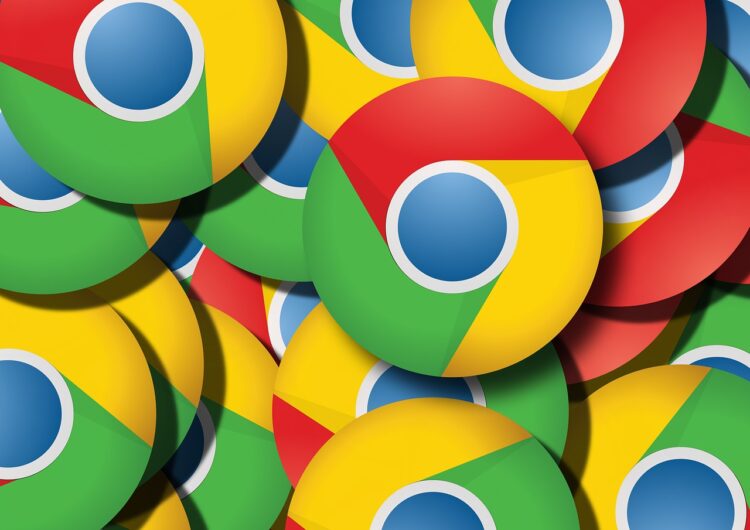Why Google has delayed the death of the cookie and what it means

Advertisers must not use Google’s two-year delay to put off their post-cookie planning, warns Infectious Media’s Jonathan D’Souza-Rauto
Brands were, in all too many cases, woefully unprepared for a world without third-party cookies or ID tracking at the beginning of next year.
From a practical perspective, Google’s decision to delay their removal from its Chrome internet browser until late 2023 provides some extra breathing space, but in all likelihood it will not prevent the inevitable demise of the third-party cookie as a means of running targeted advertising.
Advertisers need to accept and plan for a world where digital media audience accumulation and measurements shifts from individual to audience (from deterministic to probabilistic measurement).
At the heart of the challenge is the need for a big attitudinal and intellectual shift to occur within advertisers – accepting and planning for fundamentally different approaches to the mechanics of digital media investment.
Brands that fail to invest well will be exposed. Advertisers must look at first-party data generation and how their business is organised to ensure it can flex and evolve the way they use data over time.
There are a number of reasons why Google’s decision to delay the process of removing third-party cookies won’t surprise many in the digital media industry.
Progress on the alternative to cookies – Google’s privacy sandbox – hasn’t moved as fast as expected and a lot of questions remain about certain aspects of it. In Europe, Privacy Sandbox with FloC in particular had challenges with GDPR, so there is no way Google would release a product that only works in certain markets.
If they had kept to their previous timeline to remove third-party cookies, they would have needed to start acting on their promises to disconnect their ads products from Chrome, which has slowly started. Google is also under acute regulatory and legal scrutiny right now, so it probably makes sense for them to delay.
Google’s innovation strategy in this space is ambitious and complex. The Privacy Sandbox is not just about reducing the cross-site tracking functionality of a third-party cookie, it covers a range of other functions including fraud, targeting, remarketing, attribution and publisher revenue amongst others.
It is, therefore, a huge undertaking to ensure that these can work effectively in isolation and also work together in unison when needed.
A good example is the trust tokens concept, which is designed to tackle ad fraud based on bots, but is yet to formally align with other core challenges such as attribution and measurement.
It’s important for brands to understand that the nature of the digital media industry and audience behaviour, means using Facebook, Apple, Google and Amazon technology in major campaigns. This will remain important and what the technology giants do will be incredibly influential on the entire industry for the foreseeable future.
But brands should create corporate policies or standards to manage their use of walled gardens and the service technology and data usage approaches that they are developing.
Staying ahead of technology evolution in the markets with which brands trade must become a part of long-term business planning. The ecosystem outside the traditional walled gardens remains key to keep an eye on.
For example, the combination of changes to the iOS operating system on Apple devices and third-party cookies on Chrome is a huge shift. It will be far more challenging to serve relevant ads to iOS14.5+ users that do opt out, as these people will still see ads.
The methodology of serving ads on iOS14.5+, as well as a future world of Chrome, requires a smarter strategy and the right technical setup as well as a measurement approach that is able to cope with these changes.
These are complex technical issues, but given the levels of investment brands are making, it is essential that they get their media engineering requirements right and plan for the future.
My fear is that if the death of the cookie happens in slow motion, the sense of urgency amongst advertisers to rewrite the book on how they reach digital audiences might wane.
I hope this news does not give agencies and advertisers the justification to keep old and bad habits.
Jonathan D’Souza-Rauto is biddable product lead at Infectious Media, part of Kepler Group



